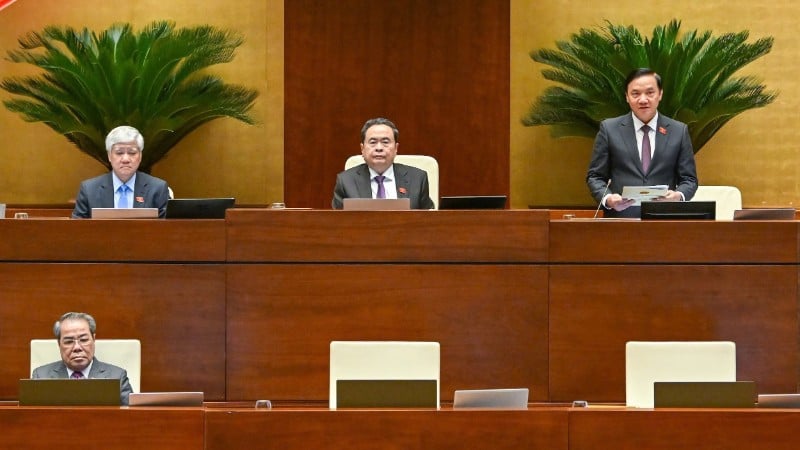
National Assembly Chairman Tran Thanh Man and Vice Chairmen of the National Assembly chaired and directed the meeting. (Photo: THUY NGUYEN)
Ensuring justice, strengthening people's trust
In the morning, during the discussion in the hall, the majority of delegates agreed to comprehensively amend the current Law on Judicial Expertise. Delegate Nguyen Hoang Bao Tran (Ho Chi Minh City Delegation) proposed that the drafting committee and the National Assembly add open regulations, allowing inter-sectoral coordination with the field of science and technology and invest heavily in electronic data infrastructure so that the law, when promulgated, will truly enter life, create trust, and spread the spirit of the rule of law. According to delegate Pham Van Hoa (Dong Thap Delegation), the expansion of the scope of judicial expertise in the field of DNA and electronic digital documents and fingerprints should be assigned to the criminal technical agency of the police agency to organize the implementation. Because these contents are related to human rights; if assigned to a private legal expertise office, it will not ensure objectivity.
Delegate La Thanh Tan ( Hai Phong City Delegation) said that it is necessary to pay more attention to the scope and roadmap of socialization because there are a number of other potential areas such as environment, food safety, pharmaceuticals, information technology, communications, endangered and rare animals that have not been clearly defined in the draft. In addition to expanding the roadmap and scope of socialization according to the actual requirements and development trends of each field, it is necessary to supplement favorable regulations to untie the activities of judicial appraisal offices.
Explaining the issue raised by the delegates, Minister of Justice Nguyen Hai Ninh said that the expansion of socialization must always ensure two principles: Creating favorable conditions for the private sector to participate in the tasks they can undertake, but also ensuring state management and conditions to avoid abuse. Some delegates proposed expanding a number of specialized fields that society has a need for, such as environment, information and communication, science and technology, pharmaceuticals, cosmetics, food safety, agriculture, forestry, fisheries, endangered and rare wildlife, etc. The Ministry of Justice believes that the expansion of socialization in these fields needs to be carefully researched, strictly regulated and implemented step by step according to a roadmap, associated with the effectiveness and efficiency of state management.
Discussing at the meeting hall about the draft Law on Civil Judgment Enforcement (amended), delegates proposed to complete the draft comprehensively in the direction of increasing feasibility, clearly defining responsibilities and authorities between levels. Many opinions said that civil judgment enforcement is considered the final but decisive link in the chain of judicial activities. However, in reality, this activity still has many shortcomings, overlaps and is prolonged. Therefore, clarifying responsibilities, increasing proactiveness and coordination mechanisms between enforcement agencies with local authorities and functional forces are prerequisites for effective operation, avoiding shifting and overlapping responsibilities.
Delegate Nguyen Thi Thu Nguyet (Dak Lak Delegation) emphasized: The draft law has not clearly defined the roles and powers of each level of government, leading to the situation of "push-avoid-wait" when organizing enforcement. The delegate proposed to clearly stipulate the responsibilities of coordination, support and supervision of the People's Committees at all levels, and at the same time establish a mandatory coordination mechanism between the enforcement agency, the police, the procuracy and relevant agencies. Delegate Cao Thi Xuan (Thanh Hoa Delegation) also said that it is necessary to expand the authority of the enforcement agency and at the same time request the police force to support enforcement because when an incident occurs, coordination is often requested too late and it is difficult to ensure safety...
Applying electronic monitoring to voluntary drug addicts
In the afternoon, giving comments on the draft Law on Drug Prevention and Control (amended), delegates highly appreciated the amendment of the Law, ensuring harmony between strict and timely handling of illegal drug use and the right to education, creating opportunities for illegal drug users and drug addicts who are children, pupils and students to reintegrate into the community. Delegates suggested increasing the supervisory and critical role of the Fatherland Front; promoting the community-based drug rehabilitation model; applying electronic monitoring in community-based drug rehabilitation to increase efficiency. Delegate Le Thi Thanh Lam (Can Tho Delegation) said that it is necessary to add specific regulations on the application of technology and digital data in the management of addicts and the control of new synthetic drugs. In practice, the treatment of opioid addiction with replacement drugs and the management of post-addicts still face many difficulties. Many subjects do not comply with drug rehabilitation regulations and violate the law without being prosecuted, but there is no appropriate mechanism or sanction, leading to low effectiveness in managing voluntary drug rehabilitation at home and in the community, and in managing post-rehabilitation patients.
According to delegate Trieu Thi Ngoc Diem (Can Tho delegation), it is necessary to soon complete the national database on drug addicts, drug crimes, and the mechanism for integrating and sharing data information on platforms between sectors, especially information on state management of drugs, management of drug addicts, and information on addicts from comprehensive input to output. It is necessary to further research on the community drug rehabilitation model, with appropriate criteria.
Giving opinions on the draft Investment Law (amended), delegates highly appreciated the need to comprehensively amend the current Investment Law to resolve current difficulties and limitations. This amendment is expected to remove many legal barriers, promote investment and business. At the same time, create new growth momentum in the period when our country is transforming to a more sustainable and creative development model.
Source: https://nhandan.vn/bo-sung-cac-quy-dinh-coi-troi-cho-van-phong-giam-dinh-tu-phap-ngoai-cong-lap-post922370.html




![[Photo] Prime Minister Pham Minh Chinh receives Lao Minister of Labor and Welfare Phosay Sayasone](https://vphoto.vietnam.vn/thumb/1200x675/vietnam/resource/IMAGE/2025/11/11/1762872028311_dsc-2246-jpg.webp)





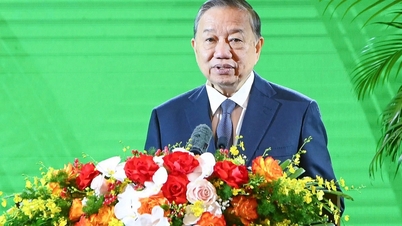

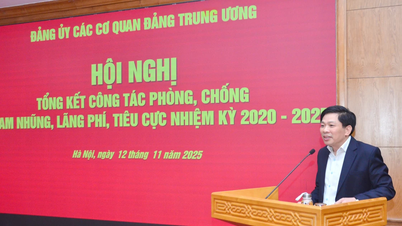
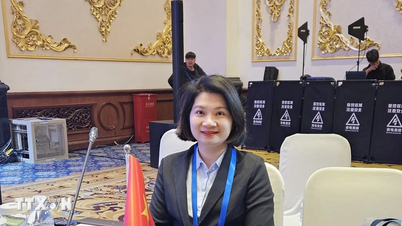
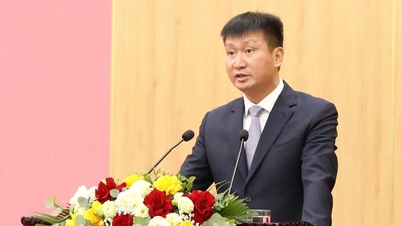

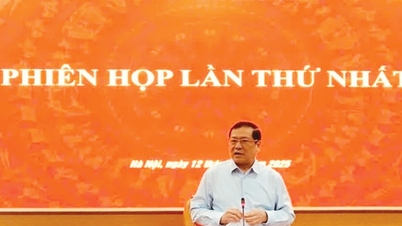







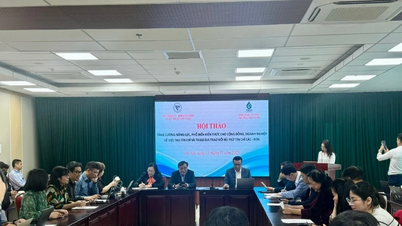

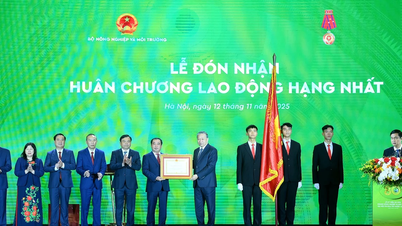




























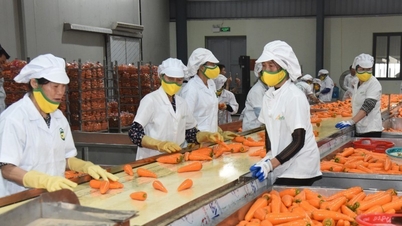
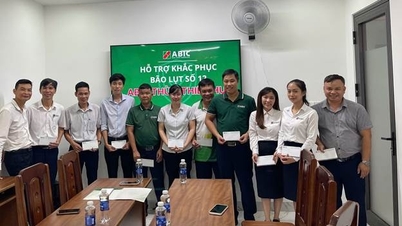






























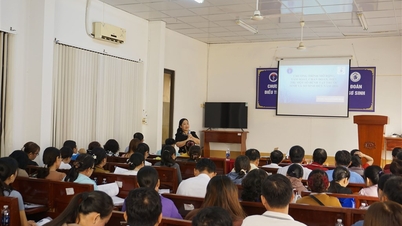

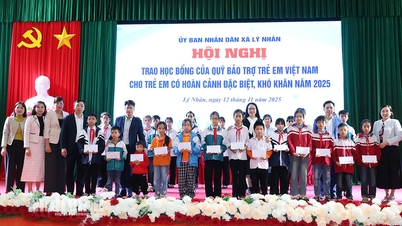






![Dong Nai OCOP transition: [Article 3] Linking tourism with OCOP product consumption](https://vphoto.vietnam.vn/thumb/402x226/vietnam/resource/IMAGE/2025/11/10/1762739199309_1324-2740-7_n-162543_981.jpeg)








Comment (0)